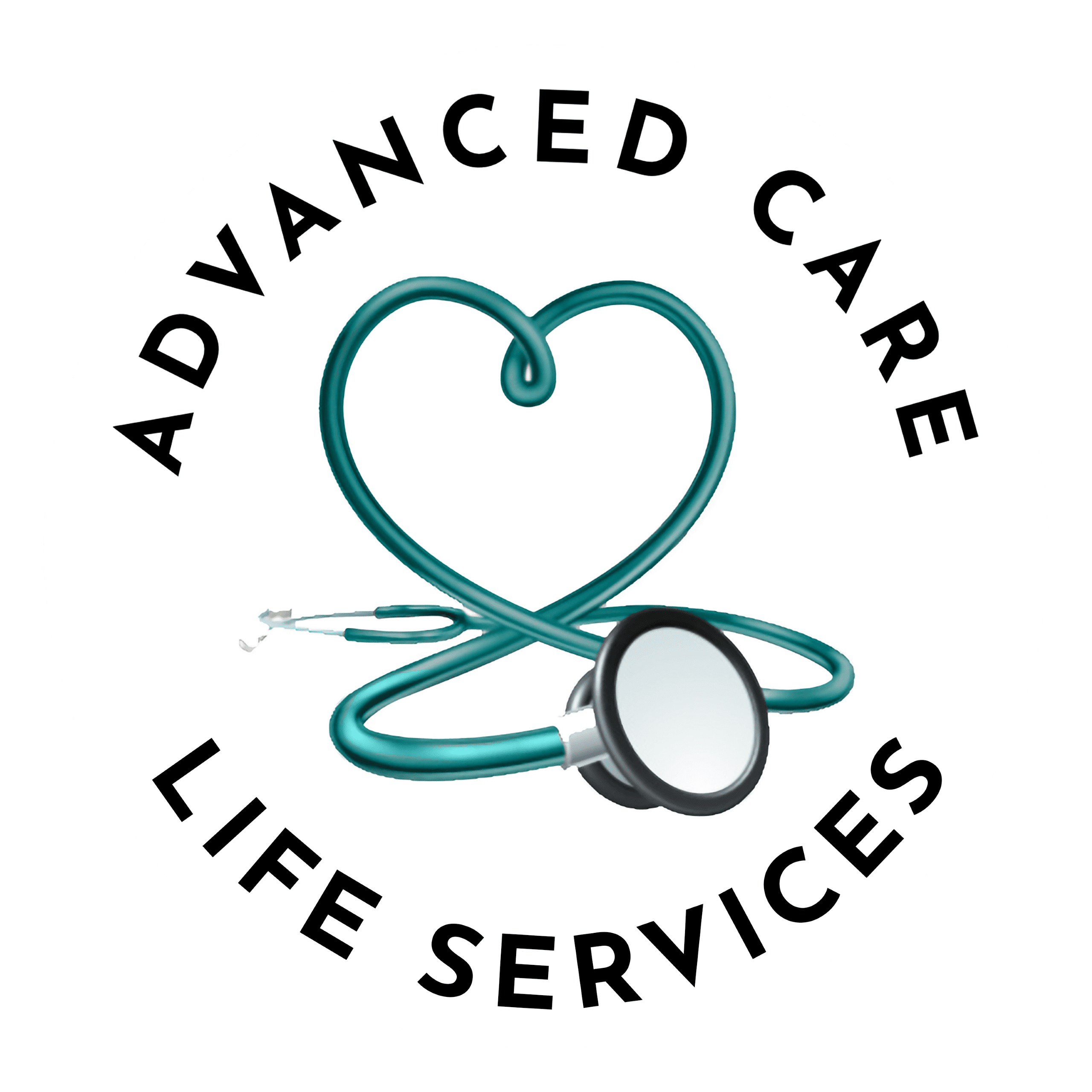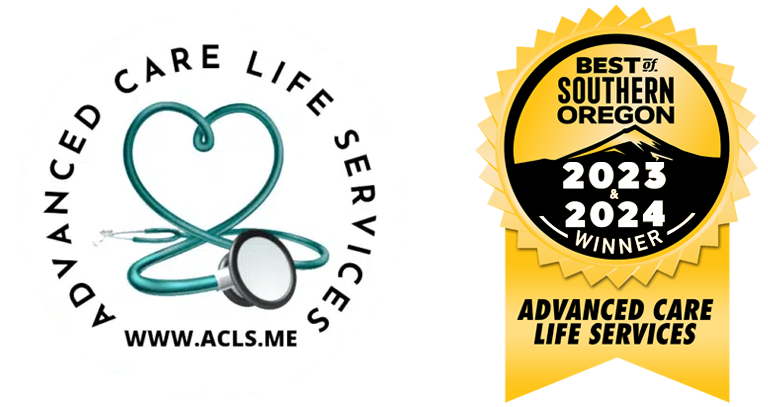When considering in-home care for a loved one, families face a pivotal decision: hiring a private caregiver or engaging a licensed care agency. Each option presents distinct advantages and challenges, influenced by factors such as cost, oversight, and reliability. This article provides a professional examination of these two models, enriched with evidence-based facts and expert insights, to empower families in selecting the most suitable care solution for their needs.
Private Caregivers: Definition and Key Considerations
Private caregivers can be a family member, neighbor, or friend referred to you by someone you may know. They can also be independent professionals licensed by the Oregon Department of Human Services (DHS) to provide personal care services. These individuals must pass a state-mandated background check and maintain continuing education requirements, ensuring a baseline of competency. The DHS maintains a registry of such caregivers, accessible to the public, with over 5,000 listed statewide as of 2023 (Oregon DHS Caregiver Registry, 2023). This transparency allows families to verify qualifications directly.
Pros: A primary advantage of private caregivers is cost efficiency. The average hourly rate ranges from $25 to $35, significantly lower than agency rates. A 2024 study by Dr. David Grabowski, a health policy expert, published in Journal of Health Economics (Vol. 89, pp. 102-115), found that “private caregivers reduce out-of-pocket expenses by 30-40% compared to agency services, making them a viable option for budget-conscious families.” Additionally, working directly with an individual can foster a personalized, one-on-one relationship, potentially enhancing trust and comfort.
Cons: However, the lack of institutional support poses notable drawbacks. Private caregivers operate independently, meaning there is no backup if they fall ill or are unavailable—potentially leaving families without care during critical times. The National Association for Home Care & Hospice (NAHC) reports that 25% of private care clients experience service gaps due to caregiver absences (NAHC Workforce Analysis, 2024). Furthermore, oversight is minimal. Unlike agency staff, private caregivers do not report to a registered nurse (RN) or administrator, reducing accountability. Dr. Grabowski notes, “Without supervision, care quality inconsistencies increase by 20%, raising risks for clients with complex needs.”



Agency Caregivers: Structure and Services
Agency caregivers are employed by licensed in-home care organizations, which in Oregon are regulated by the Oregon Health Authority (OHA). Agencies with comprehensive licenses—covering approximately 65% of the state’s providers—must employ an RN to oversee care, including medication administration, adhering to strict OHA guidelines (OHA In-Home Care Agency Directory, 2023). These agencies offer a diverse staff pool, with options for male or female caregivers, varied skill sets, and flexible scheduling to match client preferences.
Pros: A key benefit is reliability. Agencies maintain staffing reserves, ensuring coverage if a caregiver is unavailable due to illness or vacation. The NAHC data indicates that agency clients experience 95% service continuity, compared to 75% for private care (NAHC Workforce Analysis, 2024). Additionally, agencies conduct rigorous vetting—multiple background checks, drug screenings, and in-house training—enhancing safety. Dr. Patricia Griffiths, a gerontologist, states in her 2024 article, “Evaluating Home Care Standards” (Journal of Aging and Health, Vol. 36, Issue 4, pp. 512-520), “Agency oversight reduces care errors by 15%, particularly in medication management.” For clients with Medicaid or Veterans Affairs (VA) benefits, licensed agencies can access these funding sources, offsetting costs for 40% of eligible recipients (Oregon DHS Aging Services Report, 2023).
Cons: The primary drawback is expense. Agency rates average $38 to $48 per hour, reflecting administrative overhead, training, and RN supervision. Dr. Grabowski’s research highlights, “Agency care costs 50% more than private care, posing a barrier for 35% of families without supplemental insurance.” Additionally, long-term care insurance, which covers 13% of in-home care nationally, requires agency licensure, proof of insurance, and a nursing care plan—criteria private caregivers rarely meet (Journal of Health Economics, 2024). This restricts insurance utilization to agency settings, potentially limiting options for private care clients.
Supporting Evidence and Practical Implications
The choice between private and agency caregivers hinges on balancing cost, reliability, and care complexity. The AARP reports that 70% of seniors prefer in-home care over facility-based options, yet 50% struggle to identify suitable providers (AARP Senior Care Preferences Survey, 2023). Private caregivers offer affordability and flexibility but lack the safety net of agency support. Agencies, while costlier, provide structured oversight and broader funding access, critical for clients with chronic conditions or medication needs. Dr. Griffiths emphasizes, “Comprehensive agency care improves client outcomes by 20% in cases requiring skilled interventions, such as wound care or hospice.”
Location and staffing availability further influence this decision. Oregon agencies must service a 60-mile radius from their home office, yet rural areas face a 20% higher caregiver shortage (Oregon DHS Aging Services Report, 2023). A free in-home consultation—standard among reputable agencies—allows families to assess compatibility, discuss policies, and confirm care plans, fostering trust essential for this intimate service.
Conclusion: Informed Decision-Making with Advanced Care Life Services
Selecting between private and agency caregivers requires weighing your loved one’s needs against practical constraints. At Advanced Care Life Services, our nursing team offers complimentary in-home consultations to explore these options, providing expert guidance tailored to your circumstances. Whether seeking the affordability of private care or the reliability of agency support, contact us today to ensure your decision aligns with the highest standards of safety, dignity, and care quality.
FAQ – Distinction Between Private Caregivers and Agency Caregivers
What’s the difference between a private caregiver and an agency caregiver?
A private caregiver is typically hired directly by the family and may be an independent professional or someone referred by a friend. A caregiver from a licensed agency works under an organization regulated by the Oregon Health Authority (OHA), with oversight from registered nurses and structured administrative support. Agencies offer greater reliability and medical oversight, while private caregivers are generally more affordable but may lack backup and supervision.
Is it cheaper to hire a private caregiver than to use an agency?
Yes. On average, private caregivers charge $25–$35 per hour, while agency caregivers charge $38–$48 per hour. However, the higher cost of agency care includes benefits like caregiver supervision, background checks, training, service continuity, and access to Medicaid or VA funding, which may offset long-term expenses for eligible clients.
What happens if my private caregiver gets sick or can’t come to work?
That’s one of the main risks of hiring privately. Private caregivers do not have guaranteed backup support, which can leave you without care during an emergency. In contrast, agencies like Advanced Care Life Services maintain a reserve of trained staff to ensure 95% service continuity, even during unexpected absences.
Can private caregivers administer medications or provide skilled nursing care?
Generally, no. Private caregivers may help with basic activities of daily living (ADLs), but they are not authorized to provide medical services unless they are licensed medical professionals. Agency caregivers working under a comprehensive license (with RN oversight) can provide medication administration, wound care, and hospice support.
How do I decide which care option is best for my loved one?
It depends on your loved one’s needs, your budget, and your location. If your loved one has complex health conditions or requires regular medication management, an agency caregiver may be the safer, more reliable choice. If the needs are minimal and cost is a concern, a private caregiver could be an option—though it’s important to plan for potential service gaps. Agencies like Advanced Care Life Services offer free in-home consultations to help you make an informed, personalized decision.
Other articles you might find interesting
- When Should We Initiate Discussions About Advance Directives or POLST Forms?
- What Are the Top Three Priorities When Selecting a Senior Care Agency?
- Distinction Between Private Caregivers and Agency Caregivers
- What Do I Do If My Loved One Has Had a Fall or Is Managing a Chronic Illness?
- Understanding Home Health Resources for Seniors in Medford
- When to Consider In-Home Care for a Loved One: Signs It’s Time
- When Should I Begin Exploring Home Safety Options for My Loved One?
- What Are the Early Signs and Symptoms of Dementia?
Find us here
Name: Advanced Care Life Services
Address: 1463 East McAndrews Road Ste. A, Medford, OR 97504, United States
Phone number: +15417072257





